Selecting the best nutrients for growing cannabis, especially if it is your first time, can tend to be overwhelming.
There so many options to choose from, ranging from organic to hydroponic nutrients that newbies will surely find it daunting.

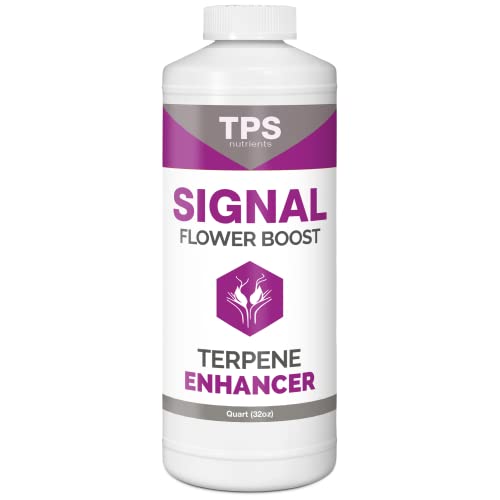


However, with a little bit of required knowledge and learning about how marijuana plants actually absorb and use these nutrients, you’ll definitely save yourself a lot of time, effort, and investing a small fortune.
Marijuana plants need macronutrients, which are essentially a group of elements.
The essential nutrients that are needed and obtained from soil include nitrogen, potassium, phosphorus, magnesium, calcium, and sulfur.
Other non-mineral elements that your marijuana plants need and are derived from air and water include carbon, oxygen, and hydrogen.
There are a few other nutrients that your marijuana plants will need, such as zinc, iron, and copper, and ultimately growing marijuana is a process that will no doubt keep you pretty busy.
The following guide will take a look at some of the best marijuana growing nutrients on the market and why you should be using them.
Free Cannabis Seeds? Check out my list of the best seed bank promotions – Including FREE Seeds, discount codes, and giveaways!
Best Marijuana Growing Nutrients
- Rock Nutrients Rock Resinator Heavy Yields for Gardening
- True Signal Terpene Enhancer Plant Nutrient Supplement
- My Weed Minerals Ionic Trace Micro Nutrients for Growing Marijuana
- Advanced Nutrients 1201-14 Bloom pH Perfect Fertilizer
- Endo Mycorrhizae
Best Overall: Rock Nutrients Rock Resinator Heavy Yields for Gardening
The Rock Resinator makes use of a complex combination of potassium and phosphorus that is designed to give your cannabis plants extra weight and size.
Not only does it contain citric metabolites that accelerate the kreb cycle and delivers consistent results, especially during the flowering stage, it also delivers consistent quality and quantity.
This product makes use of the most refined and natural basic elements as well as plant extracts to ensure that your cannabis is given the best opportunity to develop into the highest quality of the plant.
Thanks to the triple action technology, which uses the latest bio stimulant technology, it accelerates flower formation and oil production to give you unbelievable results.
Pros
- Combination of potassium and phosphorus for extra size and weight
- Citric metabolites to accelerate kreb cycle
- Biostimulant technology
Cons
- Contains citric acid
Product Specifications
- Size: 1 liter
- Number of nutrients: 2
- Ingredients: Potassium and phosphorus
Runner Up: True Signal Terpene Enhancer Plant Nutrient Supplement
The True Signal Terpene Enhancer contains an organic acid complex that is made from plant extracts.
Ultimately this increases the aromatic terpenes and increases plant metabolism and speeds up the lifecycle.
So it achieves its finished weight at least one week faster. The product also induces a stress response in cannabis plants that ultimately triggers the phosphorus uptake.
At the end that this increases yields and also the size and density of the finished product.
The terpene product contains organic surfactants that bind excess salts and is intended for use in the last 3 to 4 weeks of the cycle.
It’s also designed to be sustainable, and every ingredient and process was designed with sustainability in mind.
So rest assured that only the best and most renewable materials were used in the manufacturing of this product.
Pros
- Blooms finish faster
- Increases bud density
- Sustainable
Cons
- May cause leaf burn
Product Specifications
- Size: 32 oz
- Number of nutrients: 1
- Ingredients: Potassium
Alternatives: My Weed Minerals Ionic Trace Micro Nutrients for Growing Marijuana
My Weed Minerals contain various iconic minerals that are crucial for the metabolic synthase transformation in cannabis plants.
Ultimately this gives your weed a higher potency. With the 62 nutrients contained in this product, growing cannabis is now a pure pleasure.
It also works in all cloning devices to stimulate quick, thicker root growth. My weed minerals will also not clog spray emitters.
Ultimately the product activates plant genetics in the late phase and creates larger buds as well as tops.
It should be used as a foliar spray during the late phase to stimulate trichomes and make your weed garden stronger ultimately.
Pros
- Contains ionic minerals
- 62 nutrients
- Compatible in all cloning devices
Cons
- Priced high
Product Specifications
- Size: 1/2 gallon
- Number of nutrients: 62
- Ingredients: Concentration of ionic minerals
Alternatives: Advanced Nutrients 1201-14 Bloom pH Perfect Fertilizer
The Advanced Nutrients 1201-14 Bloom pH Perfect Fertilizer is a concentrated and less expensive formula.
Ultimately it’s designed to promote healthy plants and faster growth.
Using pharmaceutical-grade precursors, there are more chelates per micronutrient than any other formula or manufacturer’s product on the market.
Nutrition absorption is also done via a broader pH spectrum. The product has been designed for use with all hydroponics, growing media, and sphagnum.
When you use this product on your marijuana plants, you’ll provide your buds with much-needed potassium and phosphorus, which ultimately gives you happier and healthier marijuana trees.
Pros
- Promotes faster growth
- Concentrated formula
- Gives you bigger buds
Cons
- Expensive
Product Specifications
- Size: 1 liter
- Number of nutrients: 4
- Ingredients: Potassium, phosphorus, nitrogen, sulfur
Best Solid Nutrient: Endo Mycorrhizae
The Endo Mycorrhizae reduces drought stress, transplant shock, nutrient loss, as well as water inputs.
Inevitably this increases yields, flowering, and fruiting as well as survivability of your cannabis plants.
By promoting rooting, self-sufficient plants, and nutrient uptake, ultimately, you end up with a larger and higher quantity of marijuana plants.
The formula is water-soluble and, therefore, easier to use.
Pros
- Reduces drought stress
- Water-soluble
- Promotes rooting
Cons
- Small pack size
Product Specifications
- Size: 1 pound
- Number of nutrients: 1
- Ingredients: endomycorrhizal fungi
Marijuana Growing Nutrients FAQ
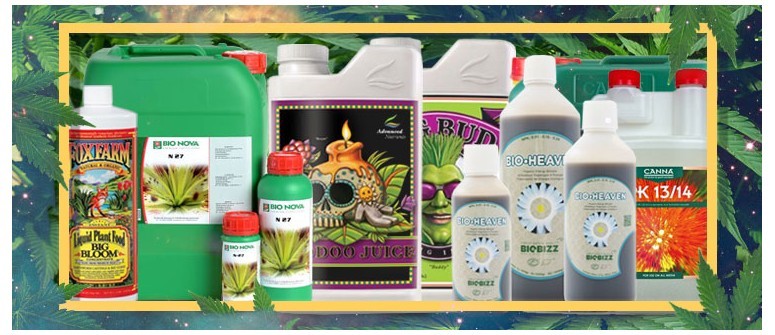
All plants require essential nutrients to grow strong, healthy and be productive.
Cannabis is no different.
Your marijuana trees will require essential macronutrients as well as micronutrients in order to grow into healthy and high-quality cannabis plants.
What Type Of Nutrients Is Best For Marijuana Growing?
Although cannabis has thousands of unique properties, like any other plant literally, it still requires the same essential nutrients to grow properly and to produce the desired amount of facts.
Macronutrients are needed by plants in large quantities. Nutrients are needed in lesser amounts, and micronutrients are needed in trace amounts.
However, micronutrients are also needed so that plants can germinate, grow, flower, and ultimately produce buds.
Ultimately, there are approximately 20 essential nutrients that are needed by your cannabis plant in order for optimal and high-quality growth and development.
These nutrients are absolutely essential to the lifecycle and performance of your plants.
This is why they are considered essential nutrients. Without them, your cannabis will most probably die or not perform the necessary functions that it is required to do.
These nutrients found in nature are crucial to the cultivation and top-shelf life of your cannabis, so let’s take a closer look at some of these.
Essential Macronutrients
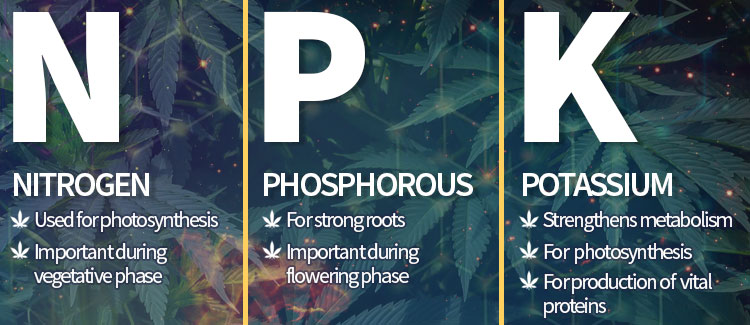
Macronutrients are basically a group of nutrients that are needed in large quantities by your cannabis.
Lots of these are provided by the environment naturally, while others need to be provided by adding it to the soil.
Oxygen, hydrogen, and carbon are the elements that are provided by the air and rain.
They are needed in large amounts, but these are not elements that are found often lacking in your plants.
They are also not components of any fertilizer and, therefore, not commercially available in nutrient packages.
Other macronutrients that are needed include nitrogen, potassium, and phosphorus.
Although experienced marijuana growers understand the importance of essential nutrients play in the growth and development of cannabis plants, it’s still not clear exactly what all the essential nutrients do and how they interact with one another.
However, what we do know is that nitrogen is needed for the development of foliage and also to produce proteins.
Potassium is required for plant health, and it also assists in water absorption, and phosphorus is critical for root, flower, and seed development.
Different amounts of macronutrients are needed for cannabis during each stage of development.
During the vegetative and budding stages, nitrogen is needed in higher quantities than during the flowering stage.
Phosphorus is also needed during the flowering stage and the vegetative phase of development.
How To Know If Your Marijuana Plant Needs Nutrients?
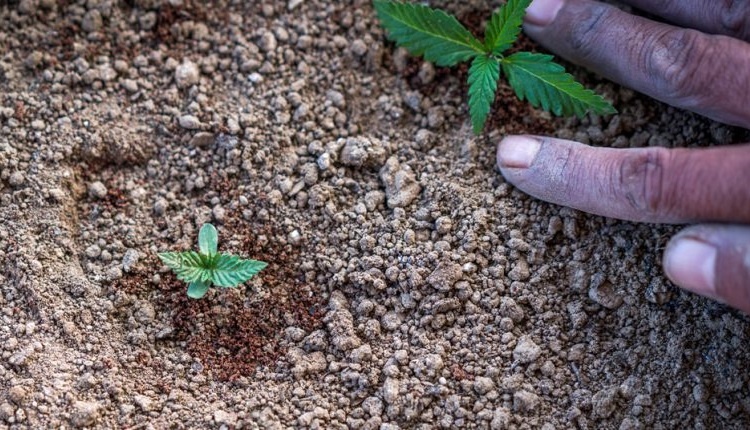
If you thought there was a secret to growing great marijuana, the truth is that it isn’t a secret at all.
Ultimately, the most logical thing you can do is provide your cannabis with an adequate amount of light, appropriate climate, water, and the proper nutrients that it needs in order to grow healthy plants.
Ultimately, this will enable your cannabis plants to fight off diseases and pests.
You should also be aware of the signs of plants not receiving the correct amount of nutrients, and you’ll notice that they are stressed and more susceptible to pests, mold, and various pathogens.
The growth could also be standard, and this also eventually leads to reduced yields.
So these are basically the signs of nutrient-deficiency in cannabis plants.
You also need to know exactly what essential nutrients are needed for the proper growth and functioning of your marijuana plants.
Deficiency in your marijuana plants can come from a lack of essential nutrients such as nitrogen, phosphorus, and potassium.
In most cases, the most common nutrient deficiency in marijuana is nitrogen, which is essential to the lifecycle of your plant and also for proper functioning during the vegetative stage.
If your plants are nitrogen deficient, you’ll notice the following symptoms:
- Lightning and then yellowing in older, more mature plants, and this are usually towards the base of the plant.
- In cases of severe deficiency, you’ll notice a yellowing color on the base of the plant and possible discoloration and brown spots at the leaf margins. Eventually, your leaves will curl and drop.
- In most cases, you’ll notice a decrease in bud sites, flowering, and ultimately lesser yields.
If your cannabis is deficient in phosphorus, you’ll notice the following symptoms:
- The leaf stems will start to become purple, and this is especially on older leaves, and after that, it will start to take a dark bluish-greenish color with a yellow hue.
- If the deficiency continues, the growth will slow drastically, and black and purple spots will eventually appear on your leaves. Ultimately the leaves will curl and drop.
When your leaves are deficient in potassium you’ll notice the following symptoms:
- Your leaves will be dull, extremely green, and the tips will be rusty brown in color. Brown spots and chlorosis will ultimately appear on older leaves
- If the deficiency continues, your marijuana plants experience leaf burn, dehydration, and ultimately curling of the young leaves.
- If you leave this problem unattended, the deficiency will result in weak plants that are extremely susceptible to disease and pests and flowering will be reduced drastically as well.
Can You Use Ordinary Gardening Nutrients?
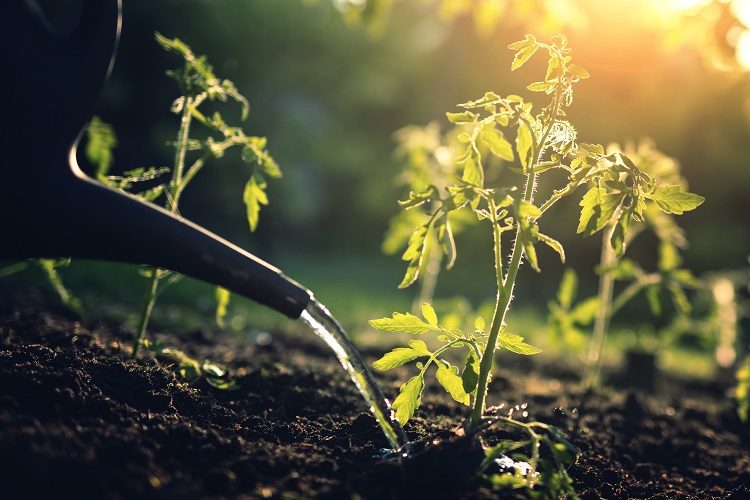
Although it is possible for cannabis to grow in ordinary soil like any other plant, the reality is that the environment will need to be conducive to the optimal growth and development of the marijuana plants.
So ultimately, all it means is that the soil needs to be rich in macronutrients, micronutrients, and the various other elements that are required to grow your cannabis times.
So provided your plants are getting enough oxygen, hydrogen, and carbon as well as nitrogen, potassium, and phosphorus, they should be on their way to developing into high-quality marijuana trees.
However, the climate, water supply, and light all need to be optimal and adequate enough for your cannabis plants to grow in a healthy way.
So just as you would need to take special care and caution when growing any other type of plant, cannabis plants are especially delicate, and you will need to have the optimal environment, growing medium, and nutrients in order for them to develop properly.
So the best thing you can do when deciding to grow marijuana at home is to do your research and find out all you will need in order for your marijuana plants to grow and develop healthily.
Which Minerals In Nutrients Are Important For Marijuana To Grow?
Nutrients are available in two groups, and this is known as the organic and inorganic groups.
Organic nutrients make up for 90 to 95% of the dry weight of plants, and they include elements such as carbon, oxygen, and hydrogen as well as carbon dioxide in the air and water from the soil.
The remaining 5 to 10% is made up of what we call a mineral fraction.
Adding minerals to the soil is extremely beneficial for your plants. Minerals such as ash from fireplaces and lime found in rainy climates have been used for centuries.
It’s only until the last 150 years that the function of the various mineral elements or role that they can play has come into common knowledge.
It is still not clear exactly how these minerals and nutrients work together to promote healthy and vital plant growth; however, what is known is that they are essential for proper plant growth and development.
Aside from the more well-known minerals and macronutrients such as nitrogen, potassium, and phosphorus, as well as carbon, oxygen, and hydrogen, some of the lesser-known minerals and nutrients needed is calcium.
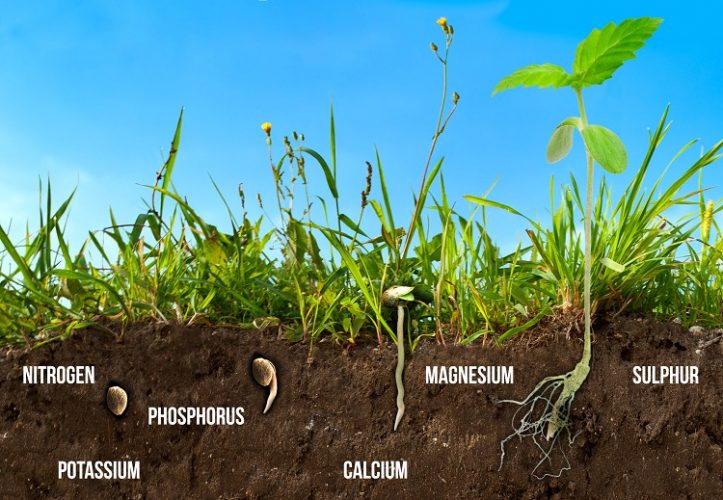
Calcium is ultimately essential for growth as it aids the flow of nitrogen and sugars throughout the plant.
Magnesium, on the other hand, is known as the central atom in every molecule of chlorophyll and is needed in quite high amounts.
Ultimately it is effective in absorbing energy from the light as well as helping enzymes create the carbohydrates and sugars that eventually used for the flowers in your marijuana plants.
Sulfur is also essential for plant synthesis and respiration and the breakdown of fatty acids. It also plays a huge role when it comes to producing oils and terpenes.
Cannabis plants usually do not suffer from sulfur deficiency, and if they do, it’s usually a result of the loss of phosphorus due to a high pH level in the roots of your plants.
Copper is usually only needed in trace amounts; however, it does aid in oxygen deduction, nitrogen fixation, and carbohydrate metabolism.
Iron, on the other hand, is essential for sulfate and nitrate reduction and assimilation. It’s also a catalyst for chlorophyll production.
Plants that are deficient in iron are usually a result of improper pH levels or excessive levels of zinc, copper, and manganese in the soil.
Manganese is vital for using nitrogen and iron in chlorophyll production and also aiding oxygen reduction. Deficiency is rare and usually caused by a high pH or excessive iron in the soil.
Molybdenum converts nitrate to ammonium and is used by cannabis and small amounts. Deficiency is usually rare and may result due to cold weather.
Zinc, on the other hand, is crucial for protein and sugar production and the formation and retention of chlorophyll in order for the stems of your marijuana plant to grow strong and healthy.
It is also quite common for cannabis plants to be deficient in zinc, especially in alkaline soil, and dry climates.
Essentially all of the minerals and nutrients mentioned above are extremely important and crucial for the proper growth and development of your cannabis.
The Best Nutrients For Growing Marijuana
While there are many ways to grow marijuana, each one has its own benefits and disadvantages as well.
Organic soil leaves more room for error and is ideal for less than favorable conditions but tends to produce smaller yields and have slower growth.
Then again, hydroponic growth and synthetic nutrients will give you bigger yields and quicker flowering times; however, they do require a great deal of effort and knowledge in order to make it successful.
So ultimately the best advice for a beginner grower is to select the right nutrients and fertilizers and ensure that the products you are using are completely compatible with your medium and technique as well as with each other.
Doing a little research before growing your marijuana will keep you from spending money unnecessarily and ultimately lead you on a journey to happy and healthy marijuana growing.
Originally posted 2019-12-20 09:32:24.
Last update on 2025-04-14


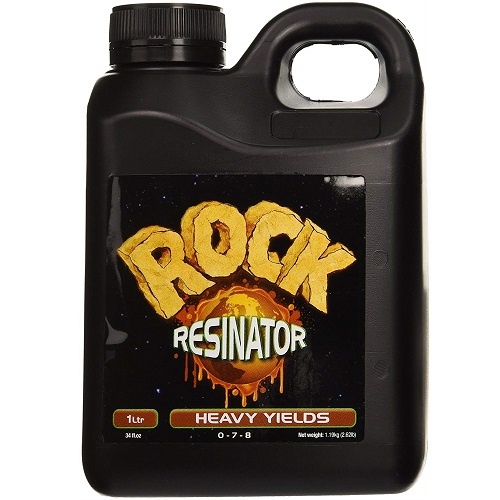
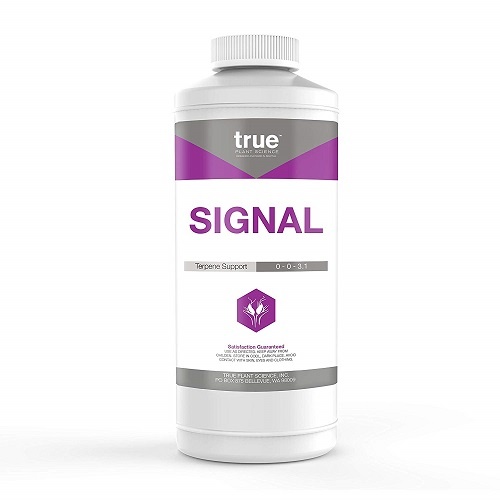
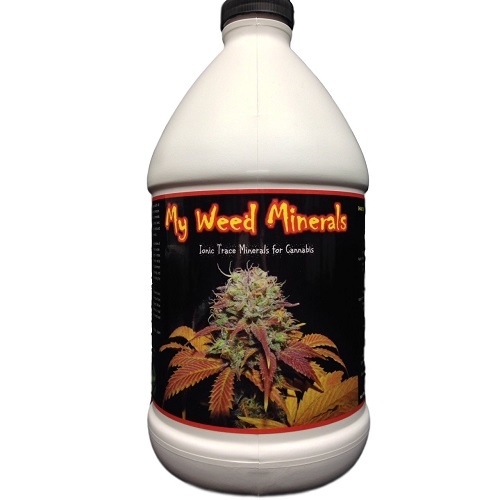
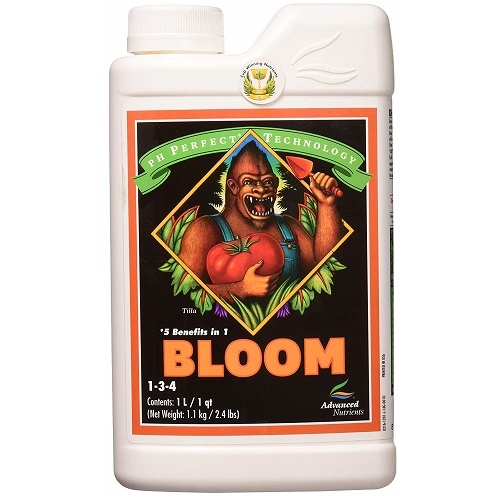
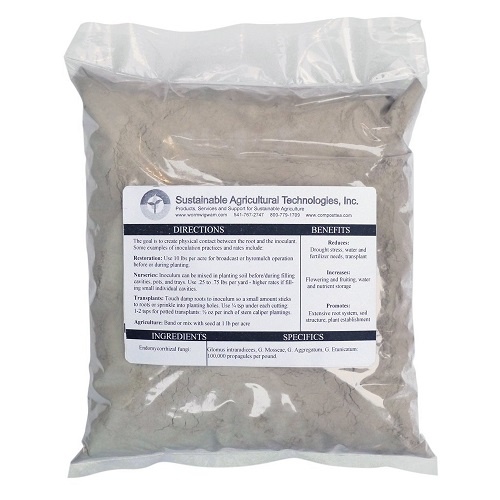
 James Alexander
James Alexander
Great insights in this post! I’ve been experimenting with different nutrient blends for my grow, and your recommendations for the top products really stood out. Can’t wait to try the ones you highlighted! Thanks for sharing your expertise!